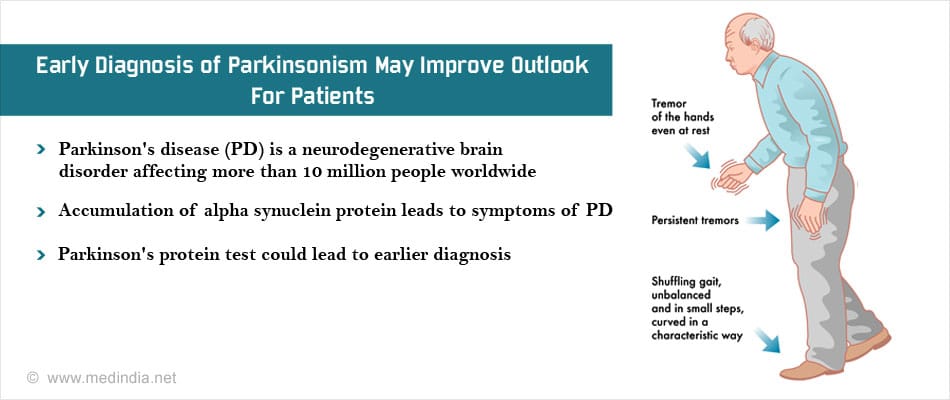A new blood test, powered by artificial intelligence (AI), shows promise in detecting Parkinson's disease up to seven years before the tell-tale tremors or stiffness appear. This breakthrough research, conducted by a team from University College London (UCL) and University Medical Center Göttingen, could revolutionize the way we diagnose and manage this debilitating neurodegenerative disorder.
Parkinson's disease affects nearly 10 million people worldwide, making it the fastest-growing neurological disorder. It progressively destroys nerve cells in the brain, leading to tremors, rigidity, slowness of movement, and balance problems. Unfortunately, diagnosis typically occurs only after symptoms become noticeable, hindering the effectiveness of available treatments.
The new blood test leverages the power of machine learning, a branch of AI that allows computers to learn from data without explicit programming. Researchers analyzed blood samples from patients with rapid eye movement sleep behavior disorder (iRBD), a condition often considered a precursor to Parkinson's disease. The AI program scrutinized levels of eight key blood-based biomarkers known to be altered in Parkinson's patients.
The results were encouraging. The AI successfully identified a specific pattern in the blood biomarker profile that strongly correlated with Parkinson's disease. In a group of 72 iRBD patients, the AI program accurately flagged 79% of those who later developed Parkinson's disease, with an impressive lead time of seven years before symptom onset.
"By identifying eight proteins in the blood, we can detect potential Parkinson's patients years in advance, " explained Dr. Michael Bartl, co-first author of the study. This early detection holds immense potential for improving patient outcomes. With a significant head start, doctors could explore neuroprotective therapies aimed at slowing or even halting disease progression.
The research team is cautiously optimistic about the future of this AI-powered blood test. While the initial findings are promising, further studies involving larger and more diverse patient populations are needed to validate the test's accuracy and effectiveness. Additionally, researchers need to determine the best course of action for individuals identified as being at high risk for developing Parkinson's disease.
This groundbreaking research paves the way for a future where Parkinson's disease can be identified and potentially managed well before symptoms become debilitating. Early diagnosis could not only improve patient quality of life but also open doors for the development of more targeted treatment strategies. The fight against Parkinson's disease has taken a significant step forward, and the potential impact on millions of patients worldwide is undeniable.

